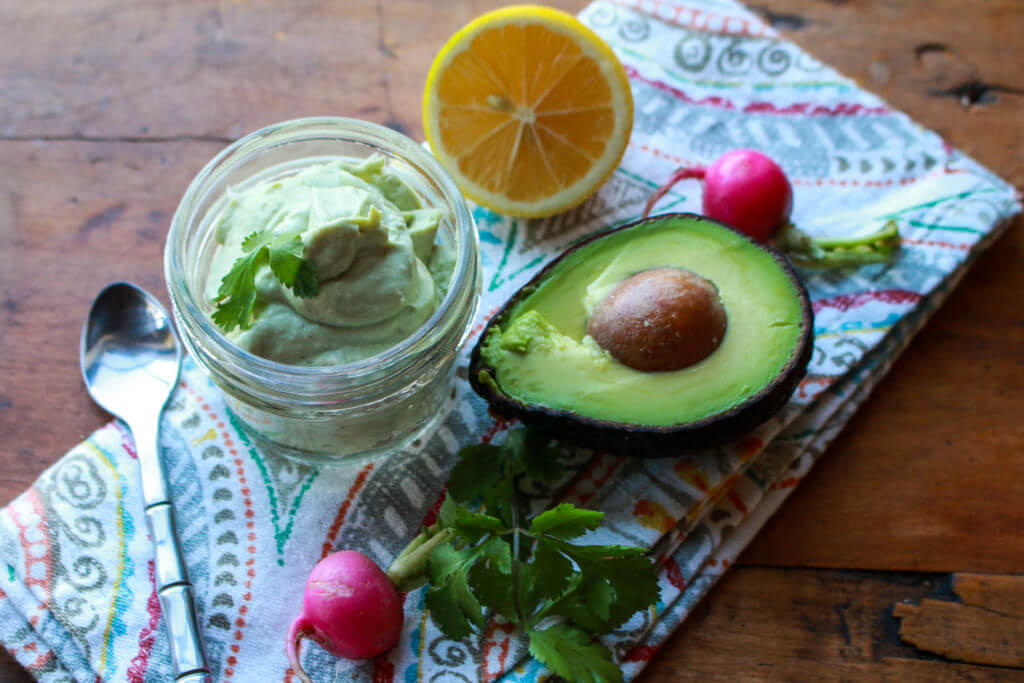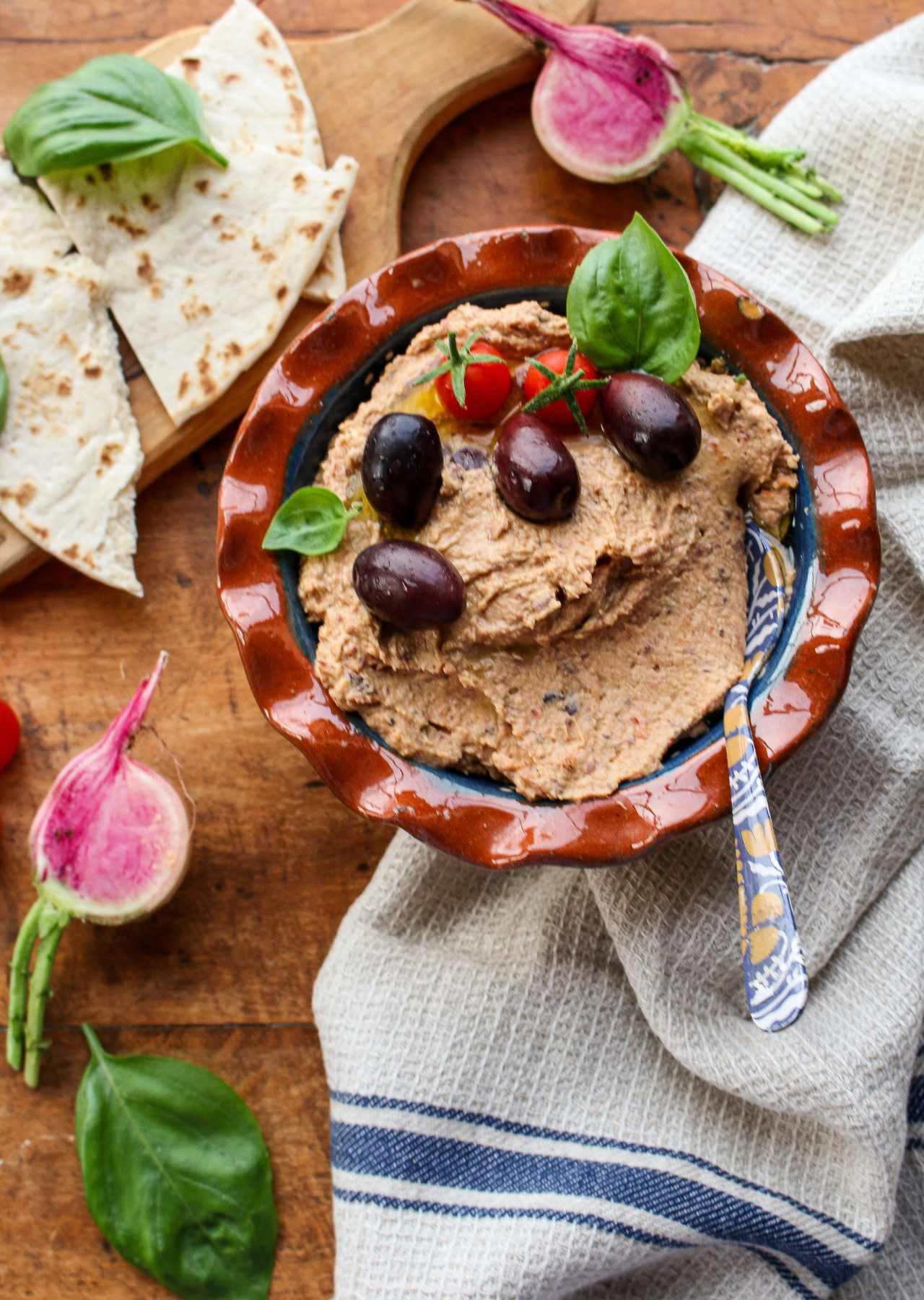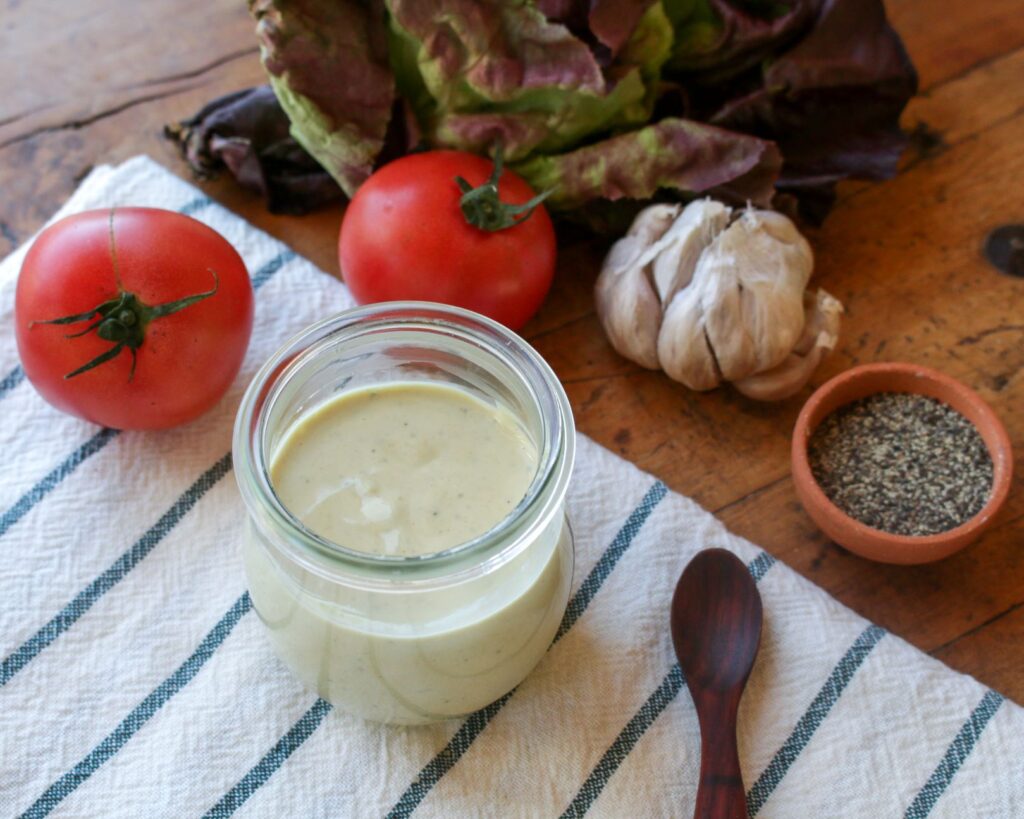[ad_1]
Is fats good for you? Are there forms of fat it is best to eat? Are there forms of fat it is best to keep away from? So many individuals categorical their considerations over the subject of wholesome fat within the weight-reduction plan. That’s why I’m answering your high questions on how you can do fat in your weight-reduction plan the wholesome means.
The concept fat are one thing to worry is frequent. Many individuals have the misperception that fat within the weight-reduction plan routinely result in weight acquire, excessive levels of cholesterol, and coronary heart illness. However it’s not fairly that easy. Whereas unhealthful fat can have unfavourable impacts in your well being, quite a few research have proven that healthful fat can truly enhance your well being. Thus, it’s vital to concentrate on the kind of fat that you just select–some might result in clogged arteries whereas others lower danger for coronary heart illness. Actually, the addition of wholesome fat in your day by day meals are needed for correct physique functioning. There are various kinds of fat to take into accounts: trans fat, saturated fat, monounsaturated fatty acids, polyunsaturated fatty acids, and omega-3 fatty acids. Every of those fat could be categorized primarily based on their well being potential. Right this moment, I’m right here to reply your high questions on the variations between these fat, together with a lot of info on the advantages related to wholesome fat in your life-style.

Query: What are wholesome fat and the way do they differ from unhealthy fat?
Sharon’s Reply:
Wholesome fat are these which might be unsaturated, akin to poly- and mono-unsaturated fat. These are fat that come from vegetation, although tropical fat, akin to palm and coconut oil, have saturated fatty acids in them. Vegetation have various kinds of fat, however most of them are within the unsaturated class. Meals like nuts, seeds, avocados, olives, and vegetable oils are largely poly or mono, that’s why these are more healthy fat. Oils created from these meals are more healthy on your coronary heart, too. Saturated fat, largely present in animal meals (meat, high-fat dairy) are linked with well being dangers, specifically coronary heart illness.

Query: Are you able to break down the variations between the next and clarify which qualify as wholesome and never wholesome?
Sharon’s Reply:
Trans fat: These are the least wholesome—they’re man-made fat largely within the type of partially hydrogenated oils, however these have been largely banned from our meals system. There are some small quantities discovered naturally in meals, however specialists don’t assume the pure sources are something to fret about.
Saturated fat: These fat are strong at room temperature, and so they have been linked to well being dangers, specifically, coronary heart illness. There’s loads of mythology about saturated fat now being “wholesome”, however the previous few a long time of analysis have been fairly conclusive that they elevate ldl cholesterol, which raises coronary heart illness danger. That’s why all main well being organizations nonetheless say to maintain it to a minimal, not more than 10% of energy, even much less if you’re at excessive danger.
Monounsaturated fatty acids (MUFAs): These are unsaturated fat (olive oil is a major instance) which have been linked with well being advantages, akin to decrease danger of coronary heart illness and ldl cholesterol decreasing. It’s one a part of the Mediterranean diet that’s benefit-producing. Olive oil by itself and as a part of this weight-reduction plan sample has well being advantages.
Polyunsaturated fatty acids (PUFAs): These are unsaturated fat linked with decrease coronary heart illness danger and ldl cholesterol, in addition to diminished blood strain. One sort is omega-3 fatty acids (see under). They’re liquid at room temp. Examples of sources embody nuts, seeds, flax, fish, and seed oils.
Omega-3 fatty acids: These are PUFAs which might be linked with explicit well being advantages, together with coronary heart and mind. The brief chain sort (ALA) are present in walnuts, chia, hemp and flax seeds, tofu, soy. And the lengthy chain (EPA, DHA) are present in fish—notably chilly water fatty fish like salmon and algae oil. Your physique can convert a few of the ALA to EPA/DHA, however at low charges.

Query: When did researchers begin recognizing the well being advantages of wholesome fat?
Sharon’s Reply:
This has been recognized now for the previous few a long time. Earlier than that, there was a worry of fats, and low-fat diets had been pervasive within the vitamin subject and neighborhood at giant. It was thought that all fat had been unhealthy for you, then more and more the information primarily based on vitamin analysis confirmed that it was the sort of fats that mattered. Through the low-fat period, folks substitute fats with refined carbs, and that was not a superb well being change—now we all know that refined carbs, akin to white flour in baked items, cookies, snacks, is linked with elevated cardio metabolic dangers, and wholesome fat usually are not; they will truly assist shield well being. Now, average wholesome fats consumption is the best way to go. The Med weight-reduction plan is an ideal instance of this.

Query: What are the important thing advantages of consuming wholesome fat in your weight-reduction plan?
Sharon’s Reply:
Wholesome fat are linked with decreasing levels of cholesterol, which may scale back the chance of coronary heart illness. There’s a broad physique of analysis on this, which is why the main organizations, akin to AHA, AND, and DGAs, again up this method to optimum consuming. One of the best ways you may make selections to advertise optimum well being on this space is to decide on a wholesome cooking oil (my high advice is EVOO), wholesome spreads (i.e., nut butters and avocado butter), and keep away from fatty meats, fatty dairy merchandise, and tropical oils like coconut (search for coconut milk to cut back fats) and palm oil. Learn substances and look ahead to saturated fats ranges in meals merchandise.
Wholesome fat are linked with decrease irritation, which is the underlying explanation for many persistent illnesses. The alternative is true for saturated fat, that are linked with higher inflammation levels. Select fewer animal meals to cut back saturated fats; select sustainable fish twice every week, and embody extra nuts, seeds, avocados, and olives/oil in your weight-reduction plan.
Wholesome fat are linked with higher mind well being. Specifically, omega-3 fatty acids are vital within the improvement of the mind, in addition to preserving mind well being. They’re anti-inflammatory fat, which have been linked with lowering dangers of dementia, although we’d like extra analysis on this space. Select extra servings of soy meals, nuts, and seeds like walnuts, chia, hemp, and flax.

Query: What’s the RDA for each individual relating to wholesome fat?
Sharon’s Reply:
As a macronutrient, the DRI is 20-35% of whole energy from fats, and the advice is that not less than 90% of these needs to be from wholesome fat. For the typical individual, meaning you want a complete of 44 – 77 grams per day of wholesome fats. The AI for ALA is 1.1-1.6 g per day, primarily based on gender, for adults.
Query: What’s the underside line relating to wholesome fat?
Sharon’s Reply:
Don’t worry fat! It’s all about average quantities, and selecting wholesome choices. That stated, fats could be very dense in energy, so if you’re involved about sustaining a wholesome weight, preserve your fats consumption in verify. Only a small serving at meals could be all you want. It’s simple to go loopy with fat. You don’t must dump on 1/4 cup of EVOO to get advantages, that may offer you nearly 500 energy; as an alternative only a drizzle is all you want.
Attempt these recipes that comprise wholesome fat:
Try the opposite vitamin questions I’m answering at The Plant-Powered Dietitian:
Extra Instruments for Consuming and Residing the Goodness
[ad_2]
